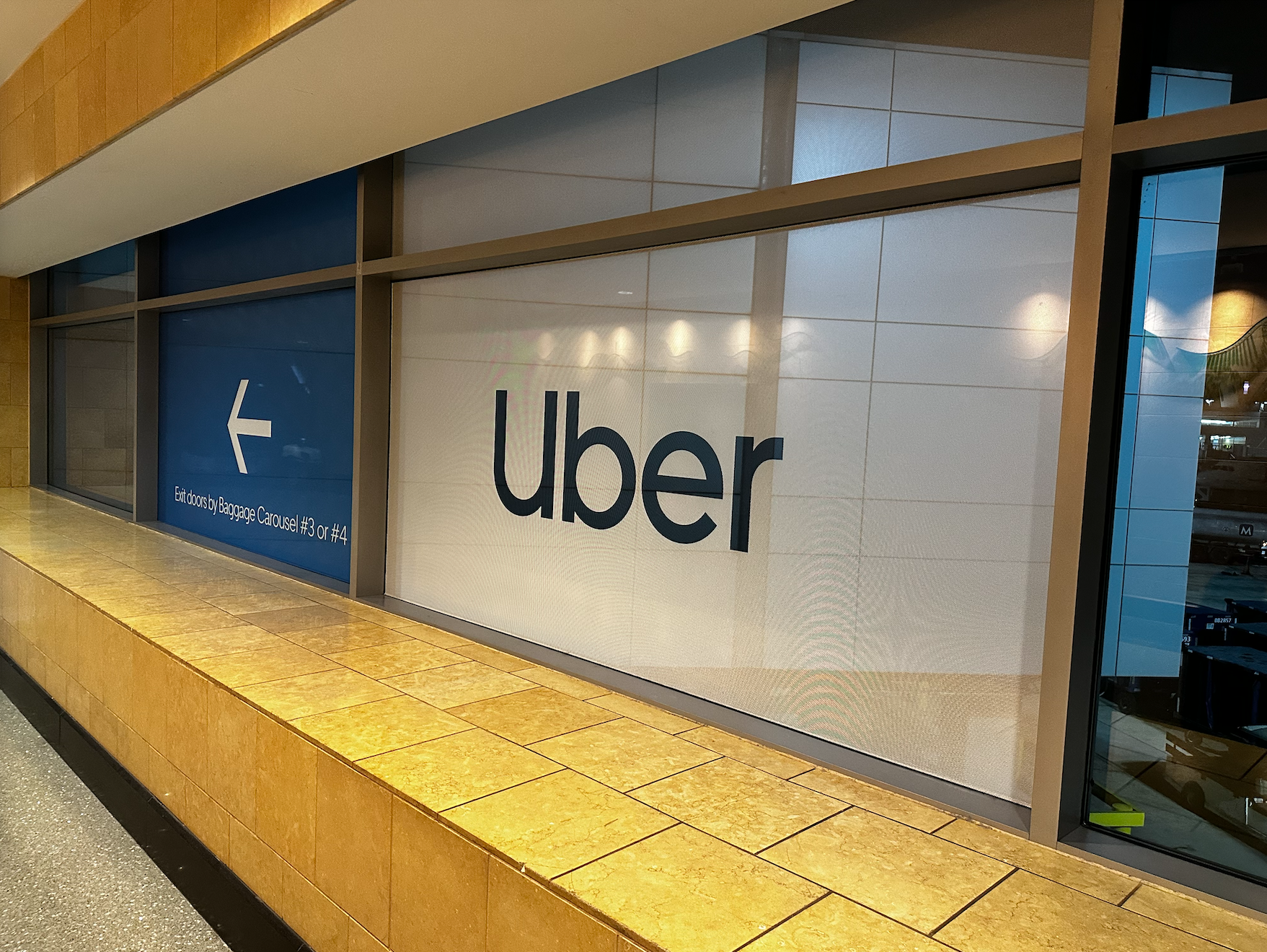The growing issue of rideshare assault has sparked numerous lawsuits and raised serious concerns about passenger safety within the rideshare industry. Rideshare services like Uber and Lyft have revolutionized the way we travel, providing convenient and accessible transportation options at the click of a button. However, rideshare assault has emerged as a grim reality behind the convenience offered by these companies. There are already nearly 200 claims pending in the Uber Passenger Sexual Assault multidistrict litigation (MDL) established in October 2023, and hundreds if not thousands more claims are expected to be filed in the coming months.
What is Rideshare Assault?
Rideshare assault encompasses various forms of misconduct, including physical abuse, sexual assault, harassment, and even incidents of kidnapping occurring within the rideshare industry. In most cases, these acts are perpetrated by the driver against the passenger. Victims of rideshare assault often face emotional distress, physical harm, and trauma.
Rideshare Assault Lawsuits on the Rise
In recent years, the number of rideshare assault lawsuits filed against companies like Uber and Lyft has been on the rise. These lawsuits allege that the rideshare companies failed to take adequate steps to identify known sexual predators or protect passengers. Plaintiffs argue that rideshare companies disregarded passenger safety by neglecting to implement effective safety measures and conduct thorough background checks on their drivers.
Uber, for instance, faced nearly 6,000 reports of sexual assault between 2017 and 2018, including hundreds of cases of rape. Lyft also faced thousands of reported incidents of sexual assault during the same period. These alarming statistics underscore the pressing need for change and accountability within the rideshare industry.
Allegations Raised in Rideshare Assault Lawsuits
The rideshare assault lawsuits in the federal MDL raise several allegations against Uber. One common claim is that the company failed to properly screen its drivers, allowing individuals with criminal records or histories of sexual misconduct to become rideshare drivers. Plaintiffs argue that the inadequate background check procedures put passengers at risk of harm.
Furthermore, the lawsuits allege a lack of necessary safety measures. This includes the absence of surveillance cameras inside cars, the inability of passengers to request drivers of a specific gender, and insufficient training for drivers on issues of sexual assault and harassment. Plaintiffs argue that these failures contributed to the incidents of rideshare assault.
The Multidistrict Litigation (MDL) Process
Given the widespread nature of rideshare assault lawsuits, the U.S. Judicial Panel on Multidistrict Litigation (JPML) recently made the decision to consolidate and centralize the claims against Uber. This consolidation allows for coordinated discovery and pretrial proceedings to streamline the legal process. The Uber sexual assault lawsuits are centralized before U.S. District Judge Charles R. Breyer in the Northern District of California.
As of January 2024, there are nearly 200 Uber driver sexual assault lawsuits pending in the multidistrict litigation. While the number of lawsuits continues to grow, the consolidation ensures that common questions of fact and law can be addressed efficiently.
The Role of MDL in Rideshare Assault Lawsuits
The establishment of the Uber Passenger Sexual Assault MDL provides a framework for handling the growing number of rideshare assault lawsuits. Judge Breyer, overseeing the MDL, will manage the pretrial proceedings and coordinate the discovery process. During the MDL proceedings, the parties involved will work together to establish a bellwether process. This involves selecting a small group of representative claims for early trial dates. The outcome of these bellwether trials may influence settlement negotiations and provide guidance on how juries are likely to respond to evidence and testimony in similar cases.
Seeking Compensation and Holding Companies Accountable
Individuals who have experienced rideshare assault have the right to pursue legal action against the responsible parties. By filing a lawsuit, survivors can seek compensation for the physical, emotional, and financial damages resulting from the assault. These lawsuits not only provide survivors with a platform to seek justice but also send a powerful message to rideshare companies, demanding change and a commitment to safety.
Rideshare companies have a legal duty to exercise reasonable care in ensuring the safety of their passengers. When they fail to meet this duty, they may be liable for the harm caused. Negligence claims against rideshare companies typically revolve around their failure to properly screen drivers, implement adequate safety measures, respond promptly to reports of assault, and prioritize passenger safety.
Under the legal doctrine of vicarious liability, rideshare companies can also be held responsible for the actions of their drivers. This means that if a rideshare driver commits an act of assault while operating under the scope of their employment, the rideshare company can be held liable for the harm caused.
Justice for Rideshare Sexual Assault Victims
Rideshare assault is a pressing issue that demands immediate attention and action. Rideshare assault lawsuits play a crucial role in pursuing justice for survivors and holding rideshare companies accountable. The growing number of lawsuits against companies like Uber and Lyft highlights the urgent need for rideshare companies to prioritize passenger safety. It is essential for these companies to implement comprehensive background checks, enhance safety features within their apps, and provide adequate training for drivers. By taking these steps, rideshare companies can help prevent future incidents of rideshare assault and ensure the well-being of their passengers.
Uber Assault Lawsuit Information
Consolidation creates massive sexual assault case against Uber, Courthouse News Service




